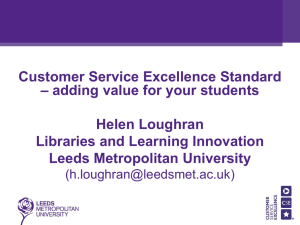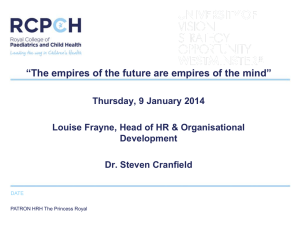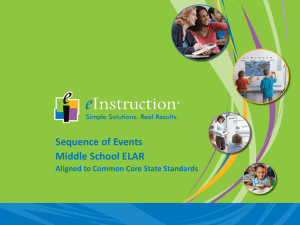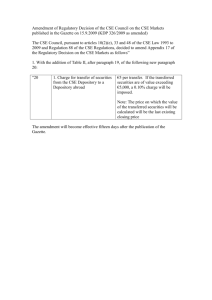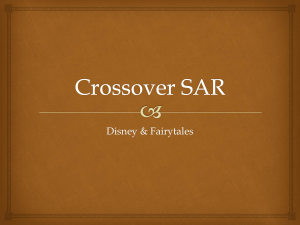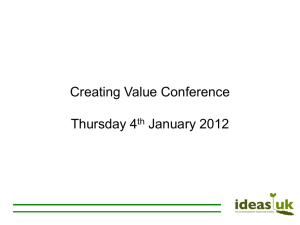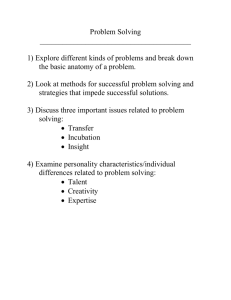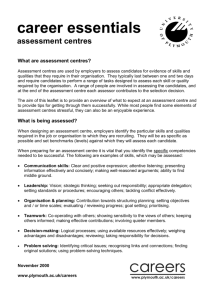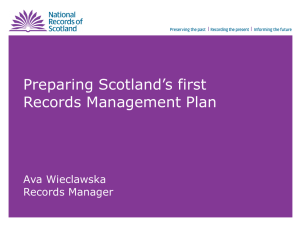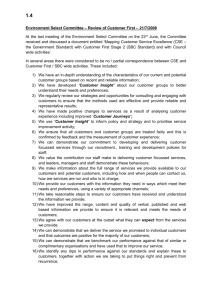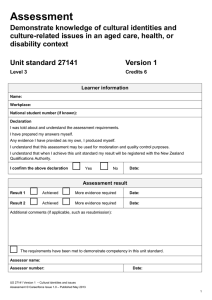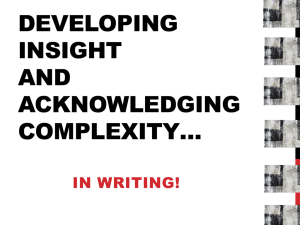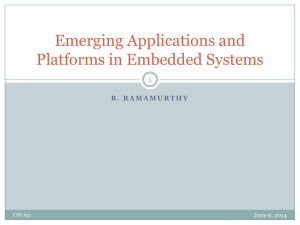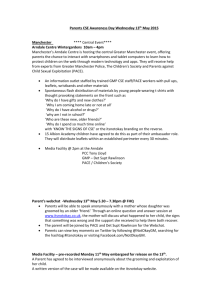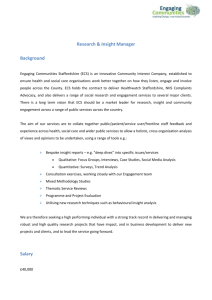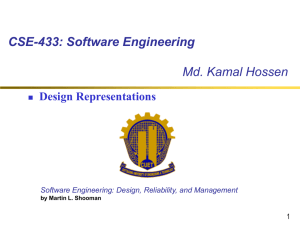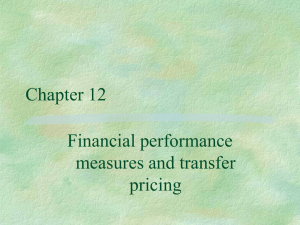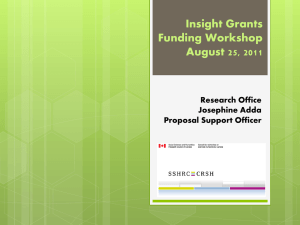CSE - Association of University Language Centres
advertisement
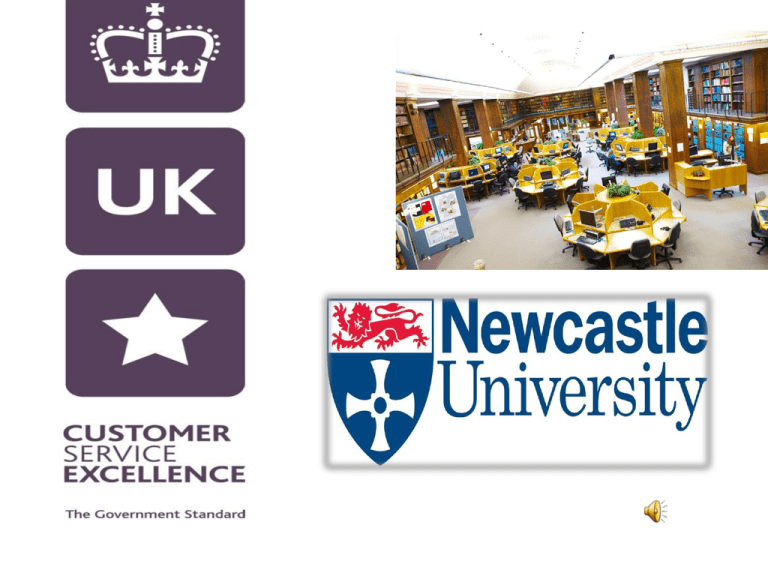
CUSTOMER SERVICE EXCELLENCE AWARD WHAT IT IS WHY WE WENT FOR IT HOW IT WORKS WHAT IT MEANS What it is It is a “research-led” tool that tests in great depth areas that are a focus for customers in the service sector. Emphasis being placed upon professionalism, staff attitude, customer insight and all aspects of service delivery. • 1 CUSTOMER INSIGHT THE CRITERIA • 2 CULTURE OF THE ORGANISATION • 3 INFORMATION AND ACCESS • 4 DELIVERY • 5 TIMELINESS AND QUALITY OF SERVICE THE BIG“E”S EFFICIENT EFFECTIVE EXCELLENT EQUITABLE EMPOWERING EXHAUSTING I MEAN EXHAUSTIVE ! Why we went for it It is an excellent management tool that allows the staff to really get to know and to understand what the service is all about. It sets out an attitudinal behaviour pattern that acts as common thread. It gives data to justify funding and raises the profile of the service on campus. As a team management tool • It has helped to create procedures that are common to all as opposed to behaviour that is personalised. • Only done by discussion with the relevant people (why do we do what we do). • Procedures are matched to CSE criteria, proof provided and entered for assessment against the standard. • The procedure is adopted and the tested against the customers response. How it works By presenting a series of about sixty “elements” which are claims of service. These each come with a “guidance” to help us produce the evidence that we possess the “element “ or guidance about how to go about getting the “element”. Example of an “element” 2.1.2 We have developed customer insight about our customer groups to better understand their needs and preferences Who are the customers? (A key question) • This is not always as easy to answer as it seems. • Are customers all the same or do they come with many identities each with its own service requirement or emphasis on a service? • Does the service reflect these identities and requirements ? • Do the identities change from time to time? Clients, Customers, Members and Visitors Self-reflection “As a driver of continuous improvement” Is the customer always right ? No………..but • If you can't give the customer what they want can you clearly explain why this is, and then can you provide an option or sign post to another provider? • If the customer is wrong did they not know they would be wrong? • Will the future service reflect this? • In the future the service will then be measured against that proposed improvement. Does what the customer want reflect what you presume the customer wants? Ask, ask ,ask, then ask again. What it means As a systems management tool • In order to fulfil the criteria you need to know what you do. • You need to know what type of organisation you are . • You need to know why you do what you do ? • You need to be able to prove what you do is best for you and for the customer? • You may need to set up new systems to match the criteria. As a skills development tool • Allowing individuals and teams to explore skills in the area of customer focus, engagement and delivery of improved service. • I showed that there were many things we knew but we did not know how we knew them. Now we have evidence that we do indeed know them. (Rumsfeld ?) • The development process must be tested against the customer experience so the improvement is customer focused. As an independent validation of achievement • We always knew we were good, we always said that we were good but now we have evidence that we are good . • AND as good as other services ( in our case the main library – long time Charter Mark recipient ). • “Being good” cannot be fossilised in this process. • The opportunity to explain why we do things and then show that it is the best way for the customer. CSE as a publicity tool • Receiving the award raised the profile of the Centre around the campus and in the faculty . • Has been mentioned in discussion , sometimes controversially , some object to the idea of “customer and business” in a university academic setting. • It is a national award that is recognised outside academia alongside many other types of services. CSE as a key to funding • The process has given us a great deal of information about our service and about those who use it. • It has given us “kudos” with the faculty and the “purse holders”. • It allows us to argue our case with measured and compared data . Openness - good or bad ? • The systems and activities have to be open • Need co-operation with other centres in order to benchmark financial concerns – everyone fishing in the same pool? • My throw light on poor activity - so people become defensive • Collecting the data may impede the service. • Are we in competition with other language centres? • We can clearly show what is really been done even if other centres are set up differently . • Clear activity data allows for defence of practice. • Clear activity data allows for a stronger bargaining tool. • 1 CUSTOMER INSIGHT THE CRITERIA • 2 CULTURE OF THE ORGANISATION • 3 INFORMATION AND ACCESS • 4 DELIVERY • 5 TIMELINESS AND QUALITY OF SERVICE Happy is as happy does !
